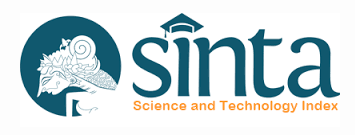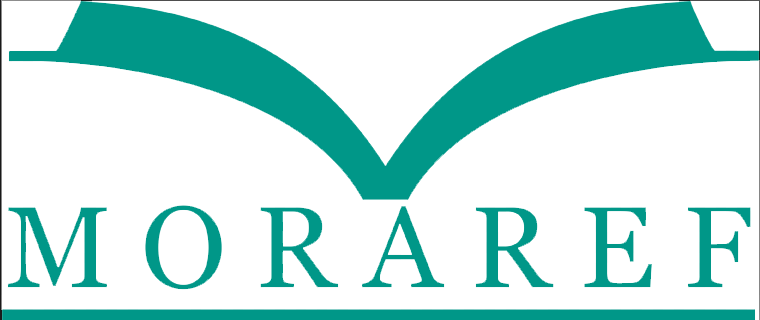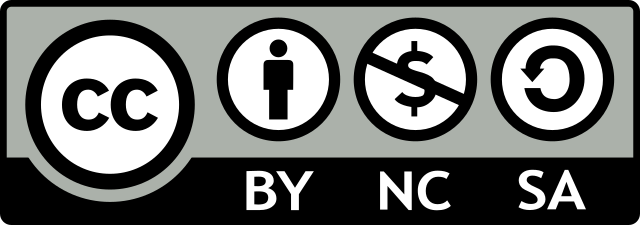Evaluasi Program Pendidikan Pemakai Perpustakaan IST AKPRIND Yogyakarta dengan Model Center for the Study of Evaluation – University of California in Los Angeles (CSE-UCLA)
Abstract
The purpose of this study was to evaluate the activities of the user education program at the IST AKPRIND library in Yogyakarta by using a model the CSE-UCLA evaluation which consists of four stages namely;(1) Needs Assessment, (2) Program Planning, (3) Formative Evaluation, (4) Summative Evaluation. This research method is a quantitative descriptive research method. Determination of data source retrieval by means incidental sampling data collection techniques with questionnaires. Respondents in this study were 50 students. The results of the research show that in stages Needs Assessment, focusing on programs, goals and analysis of human resource needs for user education by 97.5% is categorized as very suitable. Program Planning, this stage is related to program materials, program planning, mentors or presenters, students and user education budgets of 94.35% categorized in accordance. Stages Formative Evaluation, regarding the implementation process, implementation suitability, facilities and infrastructure as well as user education monitoring and supervision of 98.37% which are categorized as very appropriate. Then stages Summative Evaluation, an evaluation of the achievement of program objectives and the impact of the user education program of 98.25% is categorized as very appropriate.
Downloads
References
Cahyadi, I. N. (2017). Kegiatan bimbingan pemustaka untuk meningkatkan layanan di perpustakaan. 1–13. http://digilib.isi.ac.id/4486/1/Bimbingan%20Pemustaka.pdf
Febrianti, B. R. (2019). Pendidikan pemakai (user education) bagi mahasiswa baru di Perpustakaan Universitas Sriwijaya. Jurnal Kepustakawanan dan Masyarakat Membaca, 35(1), 15–22.
Lazwardi, D. (2017). Implemetasi Evaluasi Program Pendidikan Pemakai di Tingkat Sekolah Dasar dan Menengah. Al-Idarah: Jurnal Kependidikan Islam, 7(2), 143–156.
Rangkuti, L. A. (2014). Pentingnya Pendidikan Pemakai (User Education) di Perpustakaan Perguruan Tinggi. Jurnal Iqra, 08(01), 40–46.
Sholihin, P. M., & Ratmono, D. D. (2021). Analisis SEM-PLS dengan WarpPLS 7.0 untuk Hubungan Nonlinier dalam Penelitian Sosial dan Bisnis. Penerbit Andi.
Su, D. (2014). Library Instruction Design: Learning from Google and Apple. UK: Chandos Information Professional Series. Chandos Publishing.
Sugiyono, S. (2020). Metode Penelitian Kuantitatif, Kualitatif, dan R & D (kedua). Alfabeta.
Trinanda, L. (2015). Pelaksanaan Pendidikan Pemakai di Perpustakaan Universitas Negeri Padang. 4(1).
Wijayanti, N. I., Yulianti, R., & Wijaya, B. (2019). Evaluasi Program Pendidikan Pemakai Dengan Model CIPP di Perpustakaan Fakultas Teknik UGM. Tik Ilmeu: Jurnal Ilmu Perpustakaan dan Informasi, 3(1), 37. https://doi.org/10.29240/tik.v3i1.790
By submitting your manuscript to our journal, you are following Copyright and License








